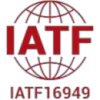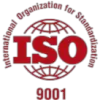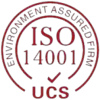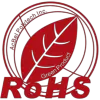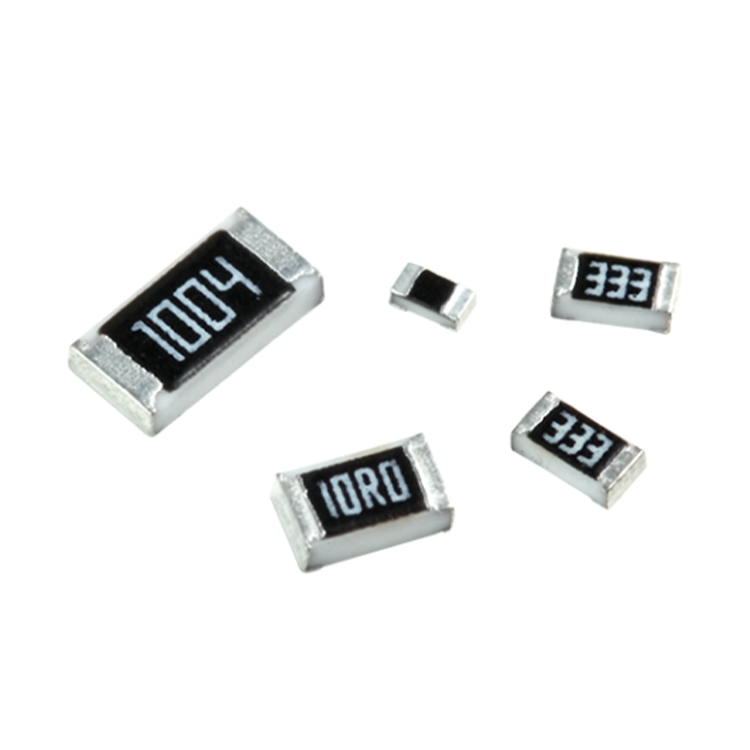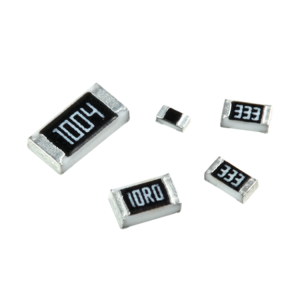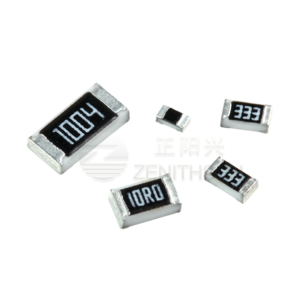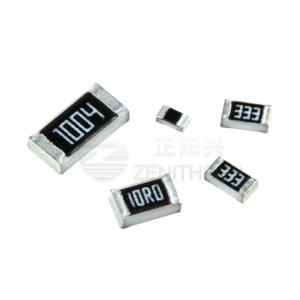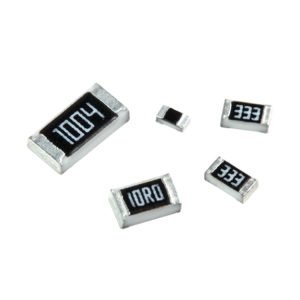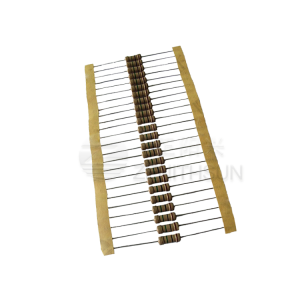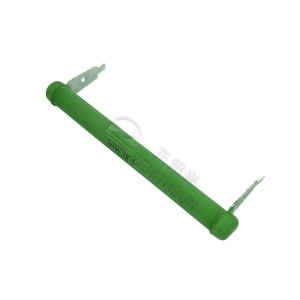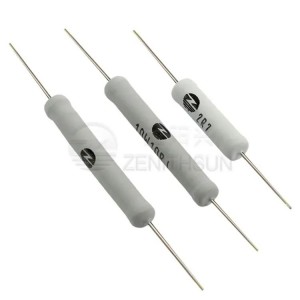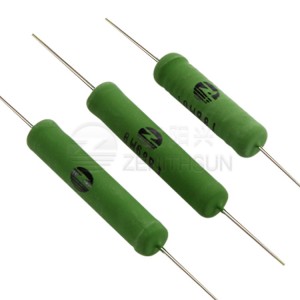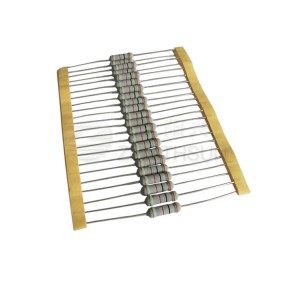The resistive material of ZENITHSUN thick film precision chip resistors pastes are based on oxides of ruthenium, iridium and rhenium. This is also referred to as a cermet (Ceramic – Metallic). The resistive layer is printed onto a substrate at 850 °C. The substrate is 95% alumina ceramic. After the firing of the paste on the carrier, the film becomes glasslike, which makes it well protected against moisture. The complete firing process is schematically depicted in the graph below. The thickness is on the order of 100 um. This is approximately 1000 times more than thin film. Unlike thin film, this manufacturing process is additive. This means that the resistive layers are added sequentially to the substrate to create the conducting patterns and resistance values.

